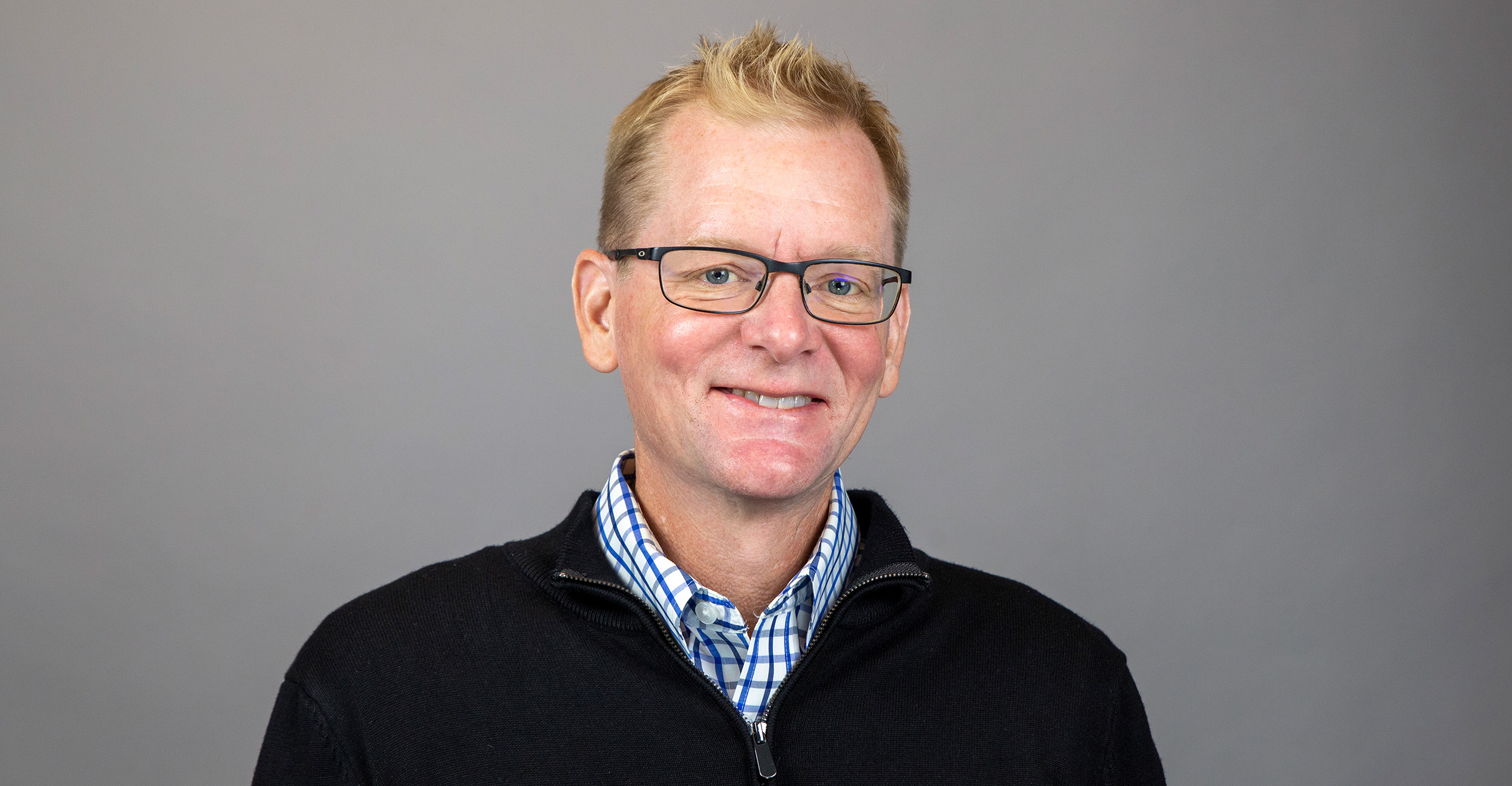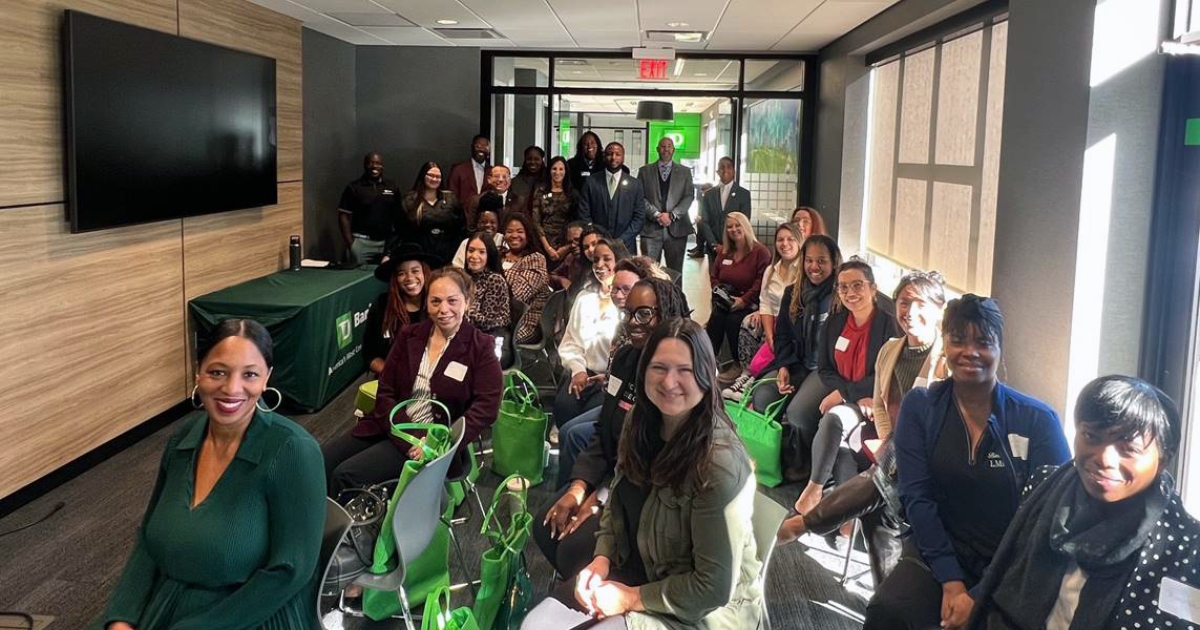Risky business: Spears professor, doctoral alumni improve understanding of risk in entrepreneurship

Thursday, January 2, 2025
Media Contact:
Hallie Hart | Communications Coordinator | 405-744-1050 | [email protected]
This ambiguous word is popular in business settings, and it’s the focal point of an
Oklahoma State University faculty member’s recent publication.
What is “risk”?
While carving his niche as an entrepreneurship researcher, Dr. Matthew Rutherford
constantly heard the buzzword that simultaneously incites fear in rule-followers and
inspires thrill-seekers. Often, punchy phrases such as “worth the risk” and “risk
and reward” appear in articles and motivational speeches without precise definitions
or context, leaving aspiring entrepreneurs to wonder what risks they actually face.
Rutherford, the Johnny D. Pope Chair in Entrepreneurship at OSU, joined forces with
three Spears School of Business Ph.D. alumni to clear the confusion.
The result is their paper, “What Is Risk, Exactly? Reviewing Construct Heterogeneity Across Business Fields
and Implications for Entrepreneurship Research,” published in the Journal of Management,
an A-plus journal on the Spears School of Business list.
Spears Business professor Rutherford worked with lead author Dr. Jorge Arteaga-Fonseca,
Dr. Duygu Phillips and Dr. Aaron Hill to classify risks and identify types underexplored
in entrepreneurship research. Their insights not only provide a useful framework for
fellow researchers, but also can help entrepreneurs understand risks and take action
to manage them.
“Risk is arguably more central to entrepreneurship than to any other discipline, but
there does not seem to be consensus about exactly what risk is in entrepreneurship,”
Rutherford said. “Without a deep understanding of risk, it is difficult to attain
a deep understanding of entrepreneurship.”
Arteaga-Fonseca, who obtained his Ph.D. from OSU in summer 2024, began this study
in a seminar with Department of Finance associate professor Dr. Shu Yan. With a background in finance, a field in which risks are more clearly defined and
measured, Arteaga-Fonseca wondered why definitions of risk were often muddled in entrepreneurship.
He knew where to turn to examine this mystery.

the concept does not have one clear definition.
“I worked closely with my advisor, co-author and friend Dr. Matthew Rutherford to
shape this idea into a research project that could be published in a top management
journal,” Arteaga-Fonseca said. “This was not an easy project. It took many hours
of coding and writing, multiple iterations and uncertainty of its publication, but
Dr. Rutherford taught me how to lead the project, which made things a lot easier.”
The topic is personally significant to Rutherford, whose relatives have navigated
the twists and turns of entrepreneurship. His father is a certified public accountant
who opened his own firm, while Rutherford’s brother is the founder of a business that
sells automotive parts.
The researcher of the family, Rutherford obtained his bachelor’s degree in entrepreneurship
and small business management from Ball State University in 1993 before receiving
his doctorate in management from Auburn University in 2001.
Although entrepreneurship research has proliferated since then, it remains a relatively
new field. Its youth was evident as he and his co-authors reviewed thousands of articles
containing the word “risk,” comparing entrepreneurship articles to those from other
business disciplines. The oldest economics article in their sample was published in
1893 — the year of OSU’s third birthday — yet, no entrepreneurship article predated
1985.
The researchers approached their work as if they were sorting items into labeled bins,
making sense of a cluttered room. This method allowed them to spot risk-related trends
in 275 entrepreneurship articles across three highly ranked journals.
The scholars identified risks at different levels: individual, firm and environmental.
They also categorized risks according to a 2013 study from Canadian risk management
expert Dr. Georges Dionne, whose typology includes pure, operational, liquidity, default
and market risk.
After a broader analysis of articles in business disciplines ranging from economics
to marketing, the team’s classification of risks revealed gaps in entrepreneurship
research. Rutherford said he was surprised to realize only about 3% of the risk concepts
they studied across disciplines appear in the entrepreneurship-specific articles.
With roots in management and psychology/sociology, entrepreneurship research contains
little focus on financial risks. These include default risk, or the likelihood a borrower
cannot repay debt, as well as liquidity risk, more casually known as “cash flow issues.”
When an entrepreneur strives to build a business, capital is a primary concern, if
not the primary concern. What is the best way to fund a startup? Is it financially viable
to sign a lease and open a shop? What liquid assets are available? Because of this
real-world significance, Rutherford said he would like to see greater academic focus
on financial risk in entrepreneurship.
The study also revealed miscommunications between business disciplines.
“Despite some overlap in types of risk that are studied across fields, in many situations
the same type of risk had a different meaning in separate fields,” Arteaga-Fonseca
said. “Thus, there may be situations in which two people are discussing the same type
of risk but have very different definitions for that type of risk.”
Sometimes, they might not mean to say “risk” at all.
Although the word “risk” is closely associated with entrepreneurship, Rutherford said
people often incorrectly use it as a substitute for “uncertainty.” Risk is measurable,
he explained, meaning entrepreneurs can work with professionals to manage specific
risks. Uncertainty, on the other hand, is not solvable. Because it’s impossible to
accurately map the future, every entrepreneur faces uncertainty.
However, the unknowns of entrepreneurship become a little less intimidating when known
risks are properly managed. Risk management requires clear, consistent communication,
an ongoing effort for Rutherford and his colleagues as they navigate their young,
evolving field of research.
“There is so much that we do not know,” Rutherford said. “This presents challenges
when attempting to locate, and build upon, existing research. This presents opportunities,
because there are virtually limitless possibilities. This paper is a perfect illustration
of these challenges and opportunities.”
link






